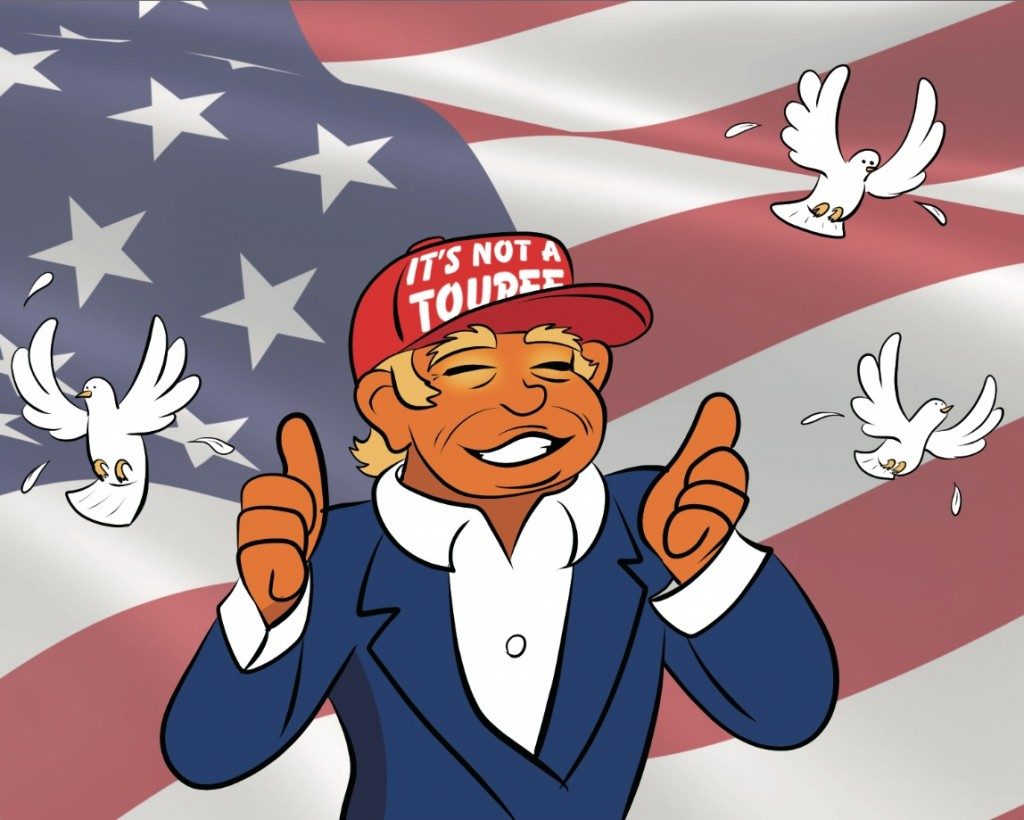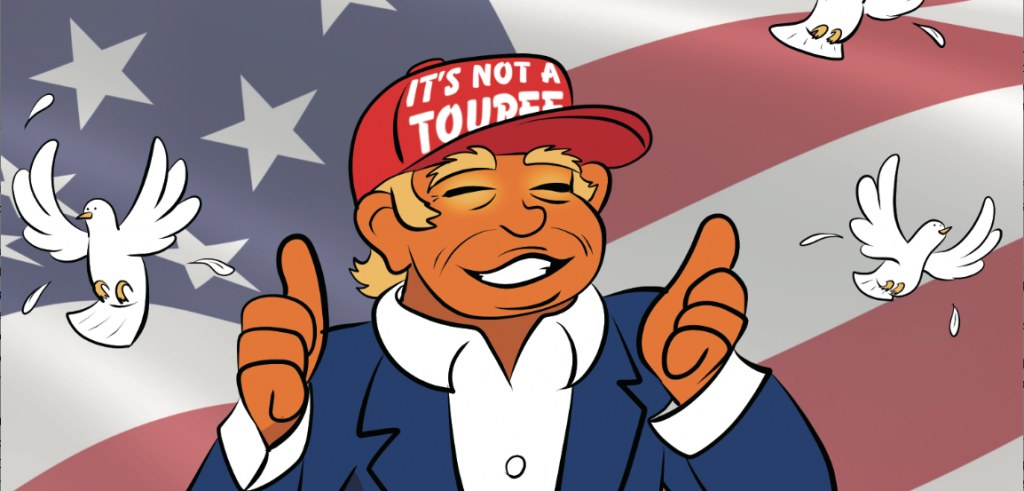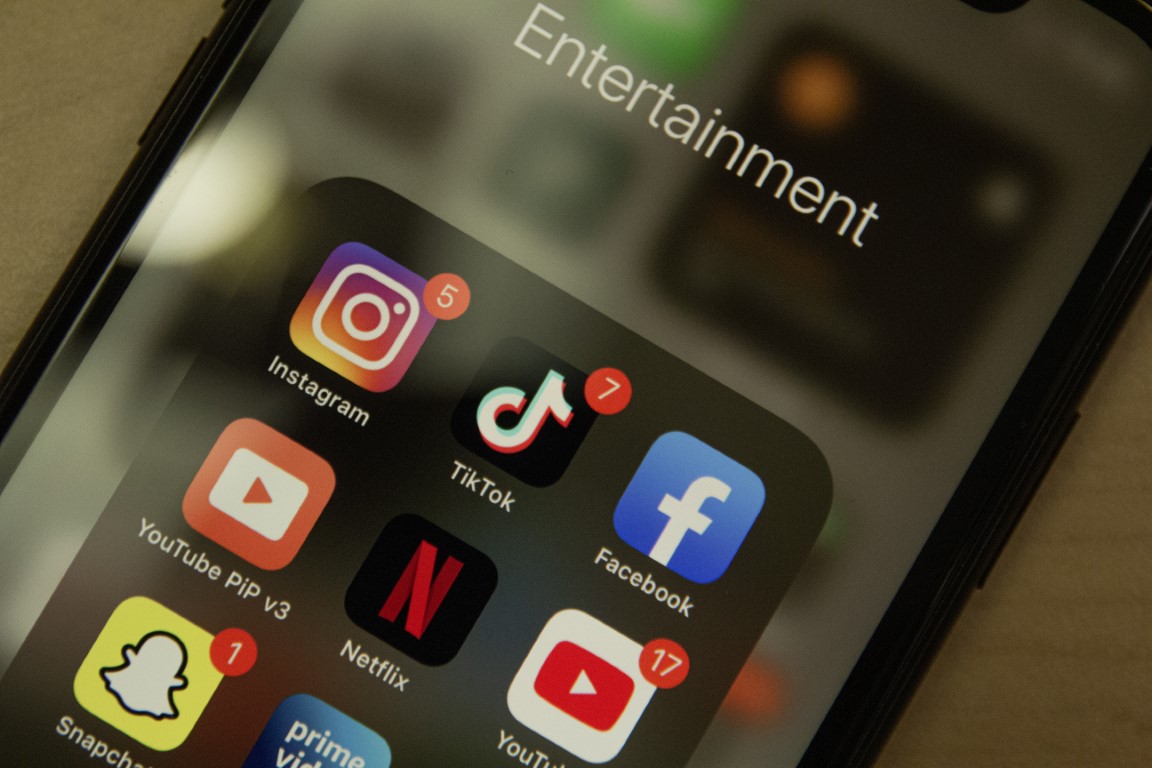
There are reasonable limits in political support
By Cazzy Lewchuk, Opinions Editor
Recently, a student at Mount Royal University in Calgary argued with another after seeing him wearing a “Make America Great Again” baseball cap. The hat is a campaign symbol for Republican nominee Donald Trump, who to many Canadians (and Americans) represents racism, oppression, and fascism. In a video of the incident, she asked the hat-wearer if he would take it off, because a university should be a “safe space,” saying: “You aren’t allowed to share hate language at a university.”
I am a young liberal Canadian who strongly believes in social justice. I believe safe spaces are valuable, and that hate speech is an important thing to discourage and ban whenever possible. That said, incidents like this make me really embarrassed, frustrated, and angry at so many young liberal Canadians who believe in social justice, safe spaces, and discouraging hate speech.
Posting about the experience on social media, she clarified that “It was impossible to communicate to him why wearing a hat in support of a movement grown on the seeds of racism, bigotry, and exclusion of diversity (sexual and cultural) could make some people afraid.” To be clear: These things are true. Trump’s campaign does run largely on those things, and his supporters are often racist and bigoted. But aspects of the Trump campaign are not the same as exhibiting broad support.
The words “Make America Great Again” by themselves do not constitute hate speech. They do not insult anyone or feature obscenities. Publicly supporting a candidate on its own is not an action of hate speech, either. If it was, about 50 per cent of the American population would be guilty. Many aspects of the campaign are questionable and alarming, but those are separate issues. They deserve a conversation; this is not the same as getting angry over mentioning the campaign itself. If the student had confronted him for supporting Trump and rightfully shared that his policies make many people terrified, it would’ve been a different discussion. Instead, she jumped to conclusions and claimed that wearing the hat was hate speech in itself.
In some ways, exaggerations like this help to normalize hate speech. Wearing a Trump hat is not the same as wearing a hat that says “BAN MUSLIMS” or features racial slurs. When innocent hats are seen as hate speech, the actual aspects of Trump’s views that are hate speech get underplayed. It’s easy to say “All of Trump’s campaign is evil!” but this detracts from the legitimate conversation of where controversial politics end and overt racism begins.
By this logic, a student wearing a campaign shirt for Hillary Clinton could also be accused of “hate speech”— excluding those who do not support Hillary Clinton for whatever reason. It could equally apply to any other political candidate. You’re allowed to support a political candidate, and you’re allowed to disagree with aspects of their campaign during that support. You’re also allowed to have unsavoury beliefs, as long as you’re not publicly displaying actual hate speech, which the hat did not.
Call hate speech hate speech, but don’t call support of politics you don’t agree with the same thing. If you’re standing up for social justice, pick your battles, and be rational.



